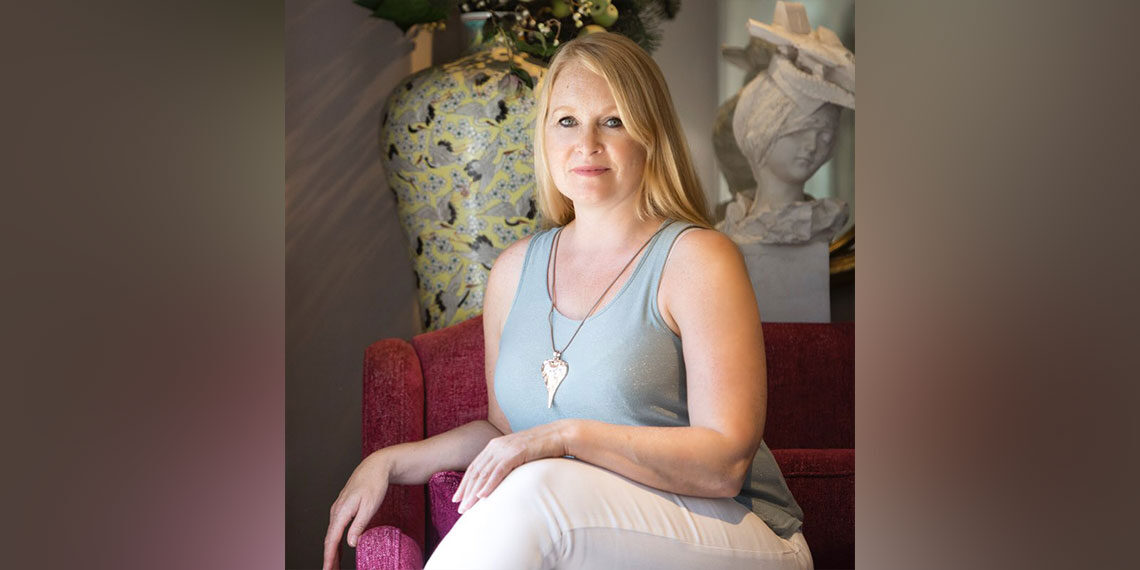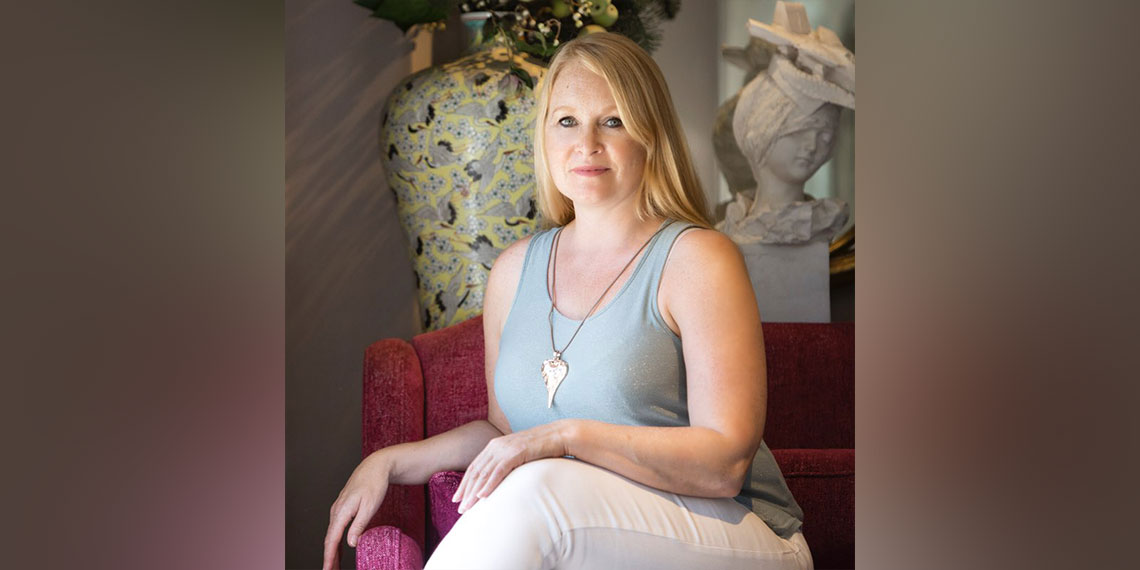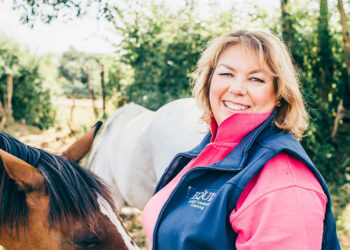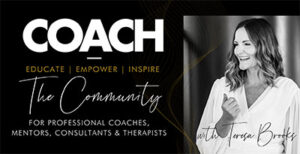Spiritual Coaching & Alignment – Helen Leathers

The beauty of coaching is that it creates space for reflection, exploration and discovery. I’ve developed a spiritual approach in my own coaching that allows that space to be more expansive, allowing not just for inner reflection, but for all elements of the self and inspiration that seems to come from beyond our own conscious thinking.
I’ve taught and facilitated many aspects of spiritual development over the last 24 years, all of which are extremely rewarding but the art of combining a spiritual approach with coaching can produce truly magical transformations for clients.
Their reasons for coaching don’t have to be of a spiritual nature, although I find that those drawn to work with me are likely to have an interest in spirituality. It is the method of facilitating the coaching, incorporating spiritual elements that creates the energy and space for the client in a different way to traditional coaching.
When exploring spiritual coaching, I always like to start with an idea of what spirituality means. It’s different for everyone, but there are some common shared elements;
- Spirituality is typically described as holistic – incorporating and considering more than just mind and body but extending to the spirit of the person, that which exists beyond, that which we sense but cannot nail down.
- A spiritual experience tends to be a personal inner experience, but one that has a sense of expansion and connection to something bigger, beyond or outside of the self.
- A common description is spirituality is about being aligned, connected and a part of something bigger.
Spiritual coaching accepts that we are more than just mind and body and it explores going beyond the ego (away from the cognitive part of us) and into the unconscious knowing we all hold.
While it can be useful for all sorts of coaching intentions including imposter syndrome and low self-esteem, for example, it absolutely lends itself to finding purpose and meaning in experiences and in life, as well as heart-centred or purpose-aligned goalsetting.
One of the main differences with the spiritual approach to coaching is that it utilises expanded states of awareness to help find clarity, a wider perspective and alternative ways of knowing.
This can often be the key to true transformation as deep, permanent change happens, not just at a cognitive level but at a deeper, subconscious level.
Altered states of awareness can help to facilitate this. This quote from the Developmental Biologist Bruce Lipton, expresses it beautifully, “If we could get your subconscious mind to agree with your conscious mind about being happy, that’s when your positive thoughts work.”
Typically, when we are going about our daily business, we have lots of ‘Beta’ waves emitting from our brains. When we’re performing higher processing tasks and functioning cognitively, we produce more of the faster ‘Gamma’ brainwaves.
It makes sense that in typical coaching sessions these are what most clients will be experiencing. However, when we experience the slower brainwaves, like ‘alpha’ and ‘theta’, for example during daydreaming or meditation, we have more access to our subconscious mind, and can find inspired thoughts, creative ideas, and intuitive hunches pop up at this time.
If this altered state of awareness is where we can bridge the gap between conscious and subconscious, then it makes sense to spend time here whilst in the coaching space.
The use of meditation and mindfulness in the coaching space is one way that we can encourage a slower brainwave pattern, helping the client to move from an everyday state to a more relaxed, gently altered state of consciousness. Other tools to encourage this are;
- Breathwork
- Some NLP Interventions
- Use of hypnotic language
- Appropriate background music
All of this requires deep rapport and trust between client and coach, aided by creating the right energy and space for the client. Coaches can work on this aspect of their practice by;
- Understanding the energy they bring
- Preparing before a session to ensure they are grounded and present
- Helping the client to ground and centre themselves
- The use of expanded awareness exercises
If you’re looking to incorporate a more spiritual approach into your coaching, your own energy and presence is an excellent place to start. Even with online coaching there is a special space created between you and your client. Once you start to work on it you can begin to facilitate an experience that allows clients to discover their spiritual self, find their purpose and become aligned with their inner truth.
Helen Leathers is Transformational Women’s Coach and Trainer. She is also trained in meditation, holistic therapies and NLP. She has written 9 books on spiritual development and holistic energy work, been featured in Soul & Spirit Magazine and is the co-founder of the Midlands Coaching Conference. Based in Shakespeare’s County in the U.K., Helen provides coaches and training remotely with clients worldwide.






